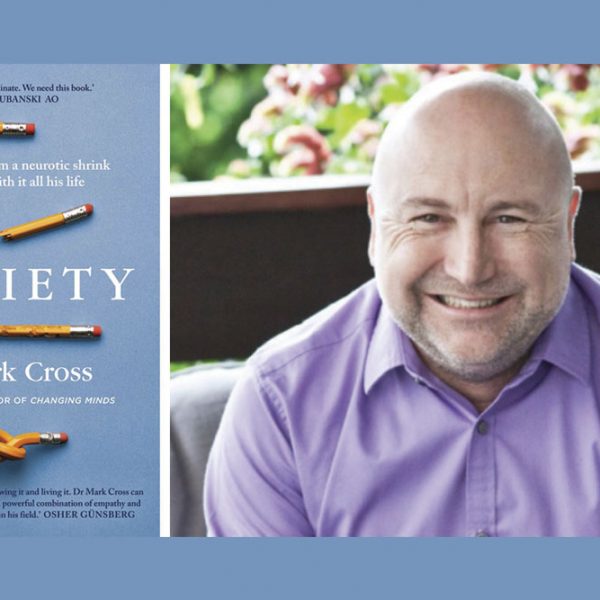Power and Emotion – Choose RIGHT
I’m proposing that in general, we make an action choice between two options to help ourselves feel better. For one option we act by drawing from any rank that we might have in that context, and the freedoms that come with that rank, to feel better.
In the other option, we create our own feelings of power independent of the context, then focus our actions on meeting some larger goal or intention. Which option we choose, and which option we build longer-term practices around, has far-reaching repercussions on how we use power, and the results we get from that use.
Let’s talk more about the first option. In this option, we use whatever rank we might possess in the context in which we find ourselves in order to make feel better. More specifically, we use the freedom that our rank gives us to help us feel better. I’ll describe a specific example in the next blog.
The Diamond Power Index (DPI) can give us a very clear picture of the various ways that we might use our rank to behave in ways that give short-term emotional payoff. It does this in part because it points to the various freedoms having rank provides.
Around each of the seven scales in the DPI is at least one freedom. How the manager responds to that freedom, and to what extent they use that freedom to help themselves feel better, is the moment by moment choice before each manager, or indeed all of us.
Of course, the alternate choice is to draw from our Personal Power to create good, wholesome elevated feelings that are driven entirely independently of the context, or of our rank in that context. Those good feelings enable us to use the freedoms to help and serve others. Helping and serving others in turn multiplies those good feelings. I’ll share more about that option in a later blog.
Those seven freedoms are
- The freedom to use my voice.
- The freedom to relate in ways that are natural to me.
- The freedom to distance myself from the tangible needs of others.
- The freedom to distance myself from the emotional needs of others.
- The freedom to shape the social rules of engagement.
- The freedom to access and use personal and organisation information.
- The freedom to use company resources.
I’m listing these freedoms to help us understand some of the freedoms of action that can come from having rank in any situation. Some of them might be immediately obvious to you, and others might be a little more surprising. Perhaps the first observation might be that there are many freedoms offered to us when we have rank, and those freedoms represent a choice we make in a moment by moment way.
In the next blog, I’ll describe more about what it might look like to use the first freedom (the freedom to use my voice) in an unhelpful way. Read here.



